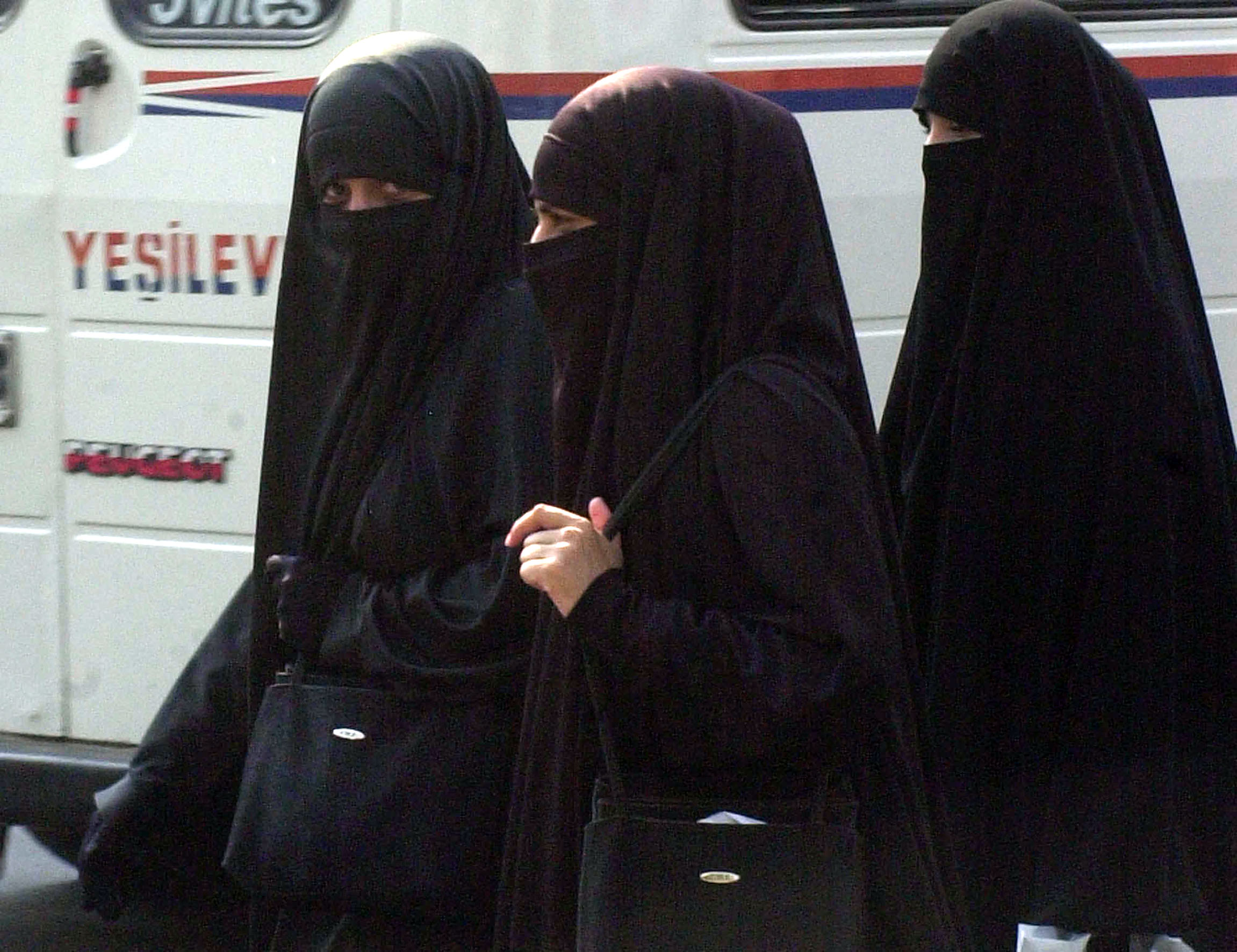Ban against Triple Talaq Gains Momentum in India
Biz@India
Indian Muslim Women rise against the medieval practice of triple talaq.
Buoyed by the stupendous electoral victory in the recently concluded assembly elections in Uttar Pradesh in North India, the ruling BJP is all set to embark on social reforms.
Backed by the government, this initiative has kicked off with about one million Muslims—majority being women—signing a petition against triple talaq.
Simply put, it is a petition to end the controversial divorce practice. The petition was started by the Muslim Rashtriya Manch (MRM) formed in 2002, an Islamic organisation affiliated with the Rashtriya Swayamsevak Sangh (RSS).
The positive response to the petition has been linked to the Bharatiya Janata Party’s recent success in the Uttar Pradesh Assembly Elections.
The BJP won a landslide victory, taking 312 seats out of a total of 403—the biggest majority for any party in Uttar Pradesh since 1980.
It is important to recall that Muslims make up 18.5 pc of the 200 million strong population of Uttar Pradesh—the largest state in India, as per the 2011 census.
What is triple talaq?
Triple talaq is an Islamic practice, where a man can divorce his wife by saying ‘talaq’ the Arabic word for divorce, three times.
Though forbidden by more than 20 Islamic countries, including neighbouring Pakistan and Bangladesh, the triple talaq practice continues in India.
Turkey and Cyprus have adopted secular family laws; Tunisia, Algeria and the Malaysian state of Sarawak, do not recognise a divorce pronounced outside a court of law; and in Iran, triple talaq doesn’t have validity under its Shia law.
Petition picks up momentum
The petition against triple talaq picked up momentum after the judgement given by Justice Suneet Kumar of the Allahabad High Court while hearing a petition filed by a woman, who claimed her husband arbitrarily divorced her.
“Triple talaq is unconstitutional; it violates the rights of Muslim women. No Personal Law Board is above the Constitution,” he observed.
Why the petition?
Hapless targets and civil society have time and again raised their voice against this medieval practice that victimises Muslim women in India.
However, these voices of dissent have fallen on deaf ears.
A survey conducted by Mumbai-based Bharatiya Muslim Mahila Andolan last year points out that, nearly 92 pc of Muslim women want a total ban on oral unilateral divorce. Many cases have come to light, where women are now increasingly being divorced over media platforms, such as Skype, text message and whatsapp. This is the travesty of justice in a country that promises equality.
“They have been divorced by speed post; by sending out letters. Some have just simply said ‘talaq’ three times and the divorce has happened,” says Noorjehan Safia Niaz, co-founder of Bhartiya Muslim Mahila Andolan, or the Indian Muslim Women’s Movement.
The movement has been fighting for equal laws for Muslim women for six years.
SC hearing on May 11
Now the Supreme Court of India is examining the issues involved that lead to a possible ban.
On February 17, the Centre requested the Supreme Court to widen the scope of scrutiny of the Constitutional validity of triple talaq as a mode of divorce among Muslims, to include the examination of the legality of the practice of polygamy.
A bench of Chief Justice J S Khehar and Justices N V Ramana and D Y Chandrachud was sorting out the finer points and procedure for commencing final hearing on triple talaq, when advocate Madhavi Divan handed over four questions framed by the Centre for the court’s consideration.
* Are triple talaq and polygamy protected under the fundamental right to religion guaranteed under Article 25 of the Constitution?
* Is the right to religion subject to important fundamental rights, such as the right to equality (Article 14) and right to life (Article 21)?
* Can personal law be termed as a law under Article 13 of the Indian Constitution?
* Are triple talaq and polygamy compatible with India’s obligations under international treaties and covenants to which it is a signatory?
Accepting the Centre’s request, the Chief Justice of India, Khehar Singh said, “This is a great opportunity to decide this issue (validity of triple talaq). It is such an important issue that we cannot keep on deferring it. If we do not avail of this opportunity to finish deciding this issue now, it can never be decided.”
The final hearing on triple talaq will take place from May 11.
Conservatives to Oppose
Till now, the development is that of the issue of rights of Indian Muslim Women. But its ban is likely to have political undertones as the move is resisted by conservatives spearheaded by the All India Muslim Personal Law Board (AIMPLB).
Calling for the ban of triple talaq, India’s Law Minister Ravi Shankar Prasad recently termed it as a “pernicious social practice” that has been “banned or restricted” in many Islamic countries.
But the ban on triple talaq will not be without any controversy or stiff opposition from conservatives.
The All India Muslim Personal Law Board has dismissed the stand taken by the Narendra Modi government, that the Supreme Court should take a relook at these practices, as they are violative of fundamental rights, such as gender equality and the ethos of secularism, a key part of the basic structure of the Constitution.
Similarly, the Jamiat Ulema-i- Hind had told the court that there is no scope for interference with the Muslim Personal Law in which triple talaq, ‘nikah halala’, and polygamy are well rooted and stand on a much higher pedestal as compared to other customs.
India has to hold its breath till the verdict is given by the Supreme Court, after it examines the issues involved in triple talaq.










